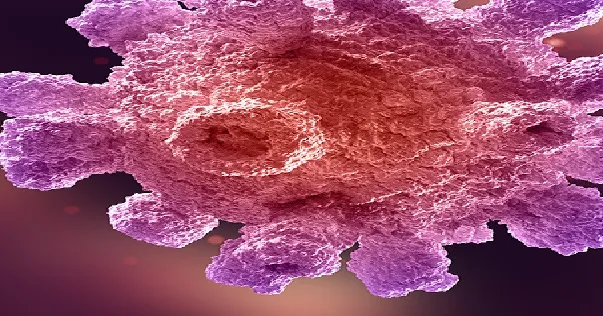India is witnessing a surge in H3N2 flu cases, a respiratory tract infection caused by four distinct types of viruses.
Patients suffering from H3N2 influenza are having consistent fever for more than three days with a stuffy nose, severe body ache and a sore throat. The flu is believed to last for around seven days, with the fever expected to subside in almost three days, but there are many cases where the patients are suffering from fever for eight days accompanied by bloating and tremendous weakness.
Most patients, who have contracted the infection, are struggling to overcome its exhausting effects and never ending weakness.
The H3N2 is known to cause prolonged effects that can last for couple of weeks or even months. Some of these effects include fatigue, weakness, joint pain, and shortness of breath. These symptoms can be frustrating and can make it difficult to resume your normal activities.
According to doctors, for those experiencing a longer spell of fever, we must understand that it is an inflammatory reaction to the viral attack on our immunity system. So, the newness of the infection may cause fever to stay a bit longer even after the virus goes away.
The external factors like environmental allergens, pollutants and pollens are complicating the recovery process in infected individuals.
People with co-morbidities, who are predisposed to complications and severities given their conditions of bronchial allergies and asthma, diabetes, heart or lung disease, cancer and vulnerable age groups like children and the elderly should be extra cautious.
So, how can you recover soon without getting affected much?
One of the most important things you can do to help your body fight against the H3N2 virus is, to get plenty of rest and stay hydrated.
The virus can cause fatigue and weakness, and resting can help your body conserve energy to fight off the infection.
Staying hydrated helps to keep the mucus membranes of your nasal passages moist which enables them to trap viral invaders before they enter the body. Drinking water and other fluids allow increased oxygen circulation, which ensures that all your systems have enough oxygen to remove toxins efficiently and speed up recovery.
According to doctors, foods rich in vitamins and minerals such as fruits, vegetables, whole grains and lean proteins speed up the recovery process.
However, you should avoid sugary and processed foods, as they weaken immune system and aggravate the symptoms.
Also, avoid over-exerting your body with exercises, as this can worsen symptoms and, in some cases, lead to extreme fatigue and body pain. If your symptoms persist or worsen, do not hesitate to seek medical attention.





